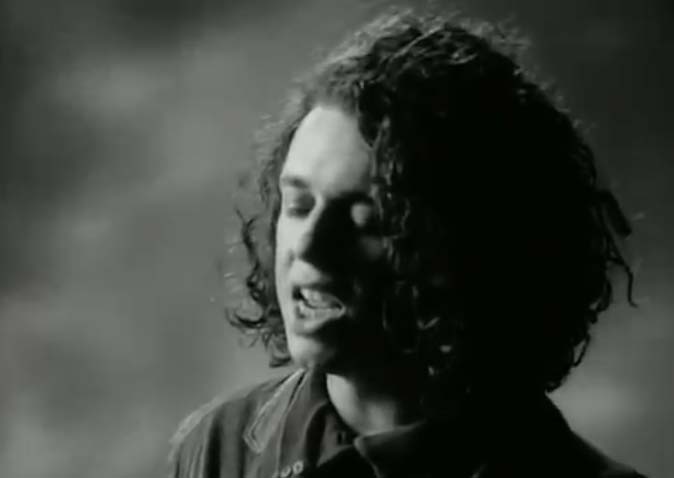Released in November 1989 as the second single from the album The Seeds of Love, “Woman in Chains” by Tears for Fears is a deeply emotional and socially conscious ballad that blends rock, soul, and orchestral pop into a powerful meditation on gender roles, repression, and freedom. Featuring a breathtaking guest vocal performance by Oleta Adams, the song stands as one of the band’s most poignant and ambitious works.

At over six minutes long, “Woman in Chains” is a slow-building, cinematic track that gradually unfolds with rich instrumentation, including sweeping strings, expressive piano, and a driving drum performance by Phil Collins. The production—handled by Roland Orzabal and Dave Bascombe—is grand but never overbearing, giving space for the emotional weight of the lyrics and vocals to take center stage.
The song opens softly, with Orzabal’s voice delivering reflective lines about a woman held down by societal expectations. As the track builds, it transforms into a duet with Oleta Adams, whose powerful, gospel-tinged voice adds soul and gravitas. The dynamic between Orzabal and Adams—vulnerability and strength—mirrors the song’s theme: the pain of being silenced and the strength required to break free.
“Woman in Chains” critiques patriarchal structures and the emotional toll they take on women—and by extension, on men, too. Orzabal has said the song was inspired by his upbringing in a household with a strong, yet oppressed mother figure, and by his broader concerns about gender inequality. It’s a plea for compassion, equality, and understanding, carried by one of the band’s most mature and heartfelt arrangements.
While not a chart-topping smash in the U.S., the song was well received, reaching No. 36 on the Billboard Hot 100 and No. 26 in the UK. More importantly, it has endured as a fan favorite and critical highlight in the Tears for Fears catalog, appreciated for its depth and emotional resonance.
“Woman in Chains” is a masterful blend of music and message—beautiful, aching, and timeless. It shows Tears for Fears at their most introspective and socially aware, with a stirring vocal contribution from Oleta Adams that elevates it to spiritual heights. More than just a song, it’s an anthem of empathy and liberation that still resonates decades later.
